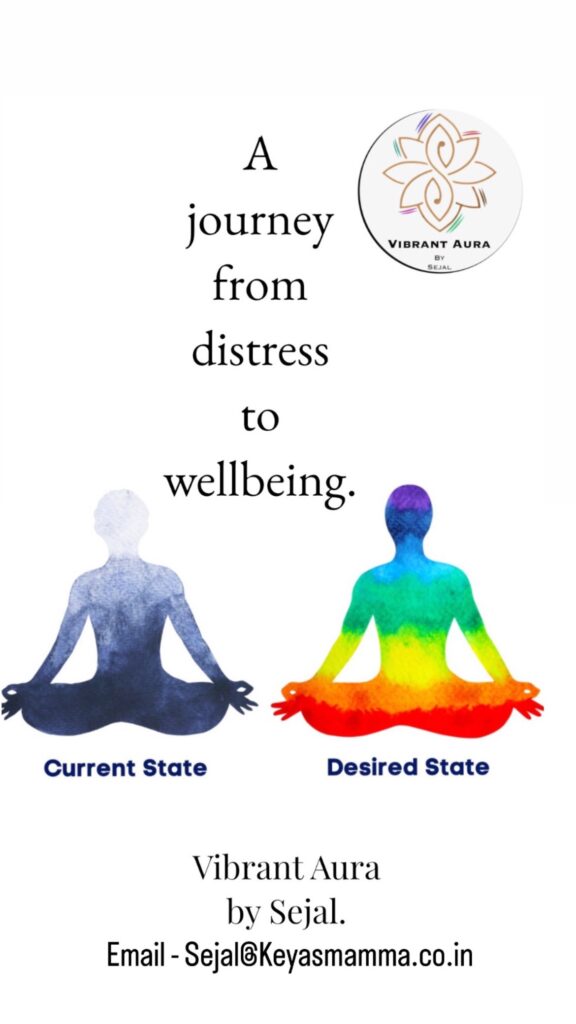
A Journey From Distress To Well-being
Eustress (Good stress) and Distress are terms that categorise different types of stress. At one end of the spectrum is distress, which involves negative feelings and is often a difficult experience. At the other end is eustress, which is challenging but rewarding and leads us to mental and physical well-being.
How to promote Eustress (Good stress)
People can promote eustress in several ways.
A simple way to do this is to participate in activities that are challenging but feel doable and have a clear route forward. A person could try:
- Learning a new skill.
- Starting a new hobby or project.
- Playing games.
- Mentoring or teaching others
- Exercising at a level suited to their physical abilities
- Doing volunteer work.
Signs and symptoms of chronic distress.
- Irritability, which can be extreme
- Fatigue
- Headaches
- Difficulty concentrating.
- Rapid, disorganised thoughts
- Difficulty sleeping
- Digestive problems
- Changes in appetite
- Feeling helpless
- A perceived loss of control
- Low self-esteem
- Loss of sexual desire
- Nervousness
- Frequent infections or illnesses
When to seek help
Chronic or overwhelming stress is not something that a person has to tolerate. In fact, doing so can lead to distress.
If a person is finding it difficult to manage high amounts of stress or anxiety, they can seek help from experts like-
- Doctor
- Therapist or counsellor.
- Support organisation or helpline human resources department(HR), if the stress is work-related.
